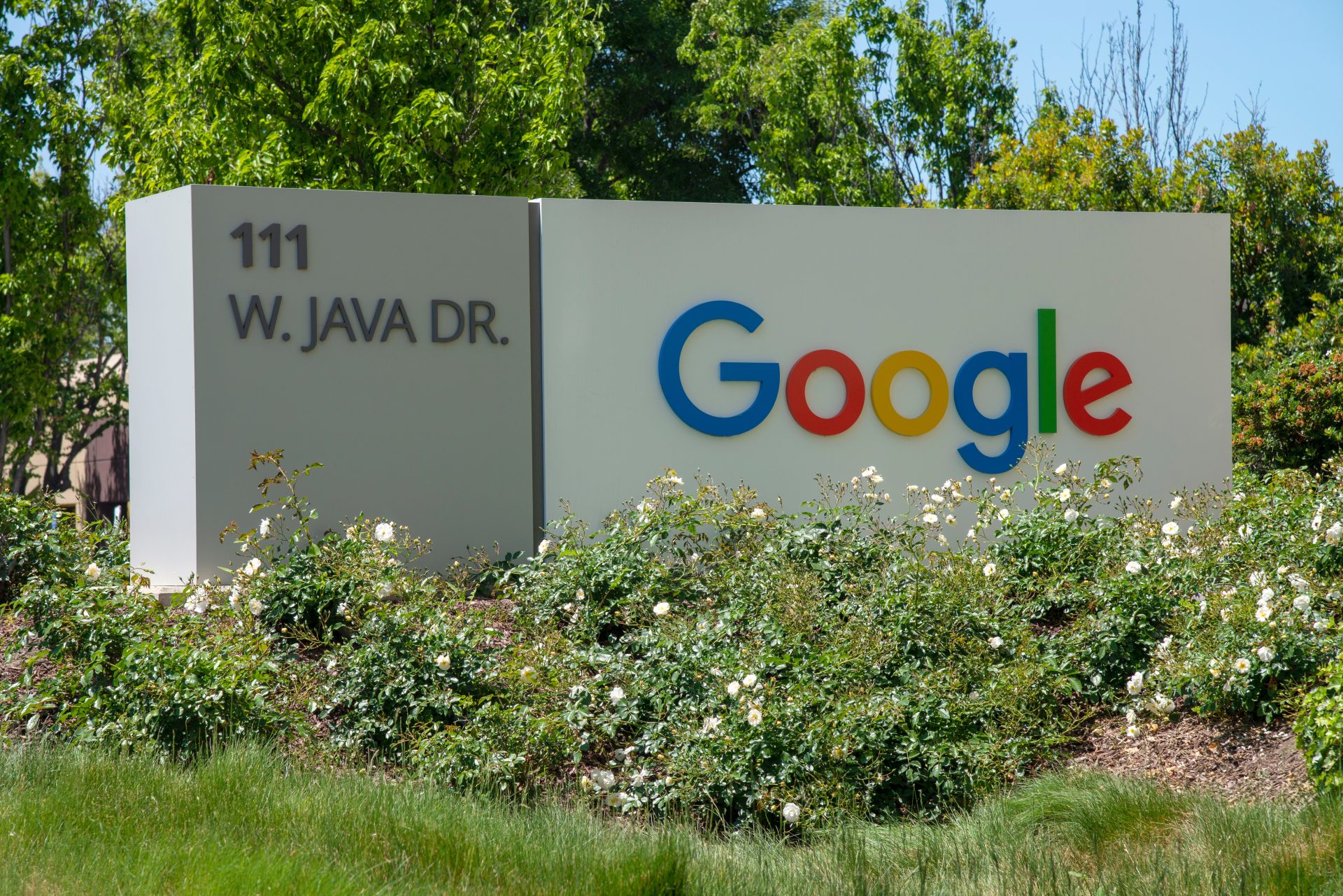Google recently unveiled its new AI technology, Gemini, which has generated significant buzz and excitement in the tech industry. However, some employees have raised concerns about the capabilities of this new system. In this article, we will explore the criticisms raised by these employees and examine Google’s response to address these concerns.
The Promise of Google’s Gemini
Google’s Gemini is an AI-powered chatbot that aims to provide users with intelligent and natural conversation experiences. Built upon the success of its predecessor, Gemini is designed to understand and respond to user queries, engage in interactive conversations, and even generate human-like text.
The Demo that Fell Short
During a recent video demo, Google showcased the potential of Gemini, highlighting its ability to carry out complex tasks and provide insightful responses. However, some employees were quick to point out that the demo may have exaggerated Gemini’s capabilities. They argued that the system’s performance was not as impressive as portrayed, and it struggled to understand certain queries or provide accurate responses.
One employee stated, “While Gemini is undoubtedly a powerful tool, it is not without its limitations. The demo may have given the impression that it is a flawless AI system, but in reality, it still has room for improvement.”
The Criticisms Raised
The criticisms raised by employees centered around three main areas: accuracy, context understanding, and biases. Let’s delve deeper into each of these concerns.
1. Accuracy
Some employees found that Gemini often generated responses that were factually incorrect or lacked accuracy. They cited instances where the system provided misleading information or failed to understand the nuances of certain queries. While Gemini generally performs well, these instances highlighted the need for further refinement to ensure higher accuracy levels.
2. Context Understanding
Another concern raised by employees was the system’s ability to understand context. Gemini occasionally struggled to maintain the context of a conversation, leading to responses that seemed unrelated or out of place. This limitation could hinder the user experience and make the system less effective in providing accurate and meaningful responses.
3. Biases
The issue of biases in AI systems is not new, and Gemini is no exception. Employees expressed concerns about the potential biases that may be present in the system’s responses. They emphasized the need for comprehensive testing and ongoing monitoring to identify and address any biases that may arise.
Google’s Response
In response to the criticisms, Google acknowledged the limitations of Gemini and assured employees and users that more updates and improvements are on the way. Sundar Pichai, CEO of Google, stated, “We appreciate the feedback from our employees and understand the need for continuous improvement. We are committed to addressing the concerns raised and ensuring that Gemini delivers the best possible user experience.”
Google highlighted its ongoing efforts to enhance Gemini’s accuracy by leveraging user feedback and incorporating advanced machine learning techniques. The company also emphasized its commitment to addressing biases by implementing rigorous testing and evaluation processes.
The Road Ahead
While the concerns raised by employees are valid, it is important to note that Gemini is still in its early stages of development. Google’s commitment to iterative updates and improvements suggests that these limitations will be addressed in due course.
As AI technology continues to evolve, it is crucial for companies like Google to actively engage with feedback from employees and users. This collaborative approach ensures that AI systems are continually refined to meet the expectations of their users.
See first source: Bloomberg
FAQ
1. What is Google’s Gemini, and what are its intended capabilities?
Google’s Gemini is an AI-powered chatbot designed to provide users with intelligent and natural conversation experiences. It can understand and respond to user queries, engage in interactive conversations, and generate human-like text.
2. What criticisms have employees raised regarding Gemini’s capabilities?
Employees have raised concerns in three main areas: accuracy, context understanding, and biases. They noted instances where Gemini generated inaccurate responses, struggled to maintain context in conversations, and exhibited potential biases in its answers.
3. How has Google responded to these concerns raised by employees?
Google has acknowledged the limitations of Gemini and assured employees of its commitment to improvement. Sundar Pichai, Google’s CEO, expressed appreciation for the feedback and pledged to address the concerns. Google is actively working on enhancing accuracy, addressing context understanding issues, and rigorously testing for biases.
4. What steps is Google taking to improve Gemini?
Google is leveraging user feedback and advanced machine learning techniques to enhance Gemini’s accuracy. The company is also implementing comprehensive testing and evaluation processes to identify and address biases in the system’s responses.
5. What is the outlook for Gemini’s development and improvement?
Gemini is still in its early stages of development, and Google’s commitment to iterative updates and improvements suggests that the identified limitations will be addressed over time. Active engagement with feedback from employees and users is key to refining AI systems like Gemini to meet user expectations.
Featured Image Credit: Photo by Greg Bulla; Unsplash – Thank you!








